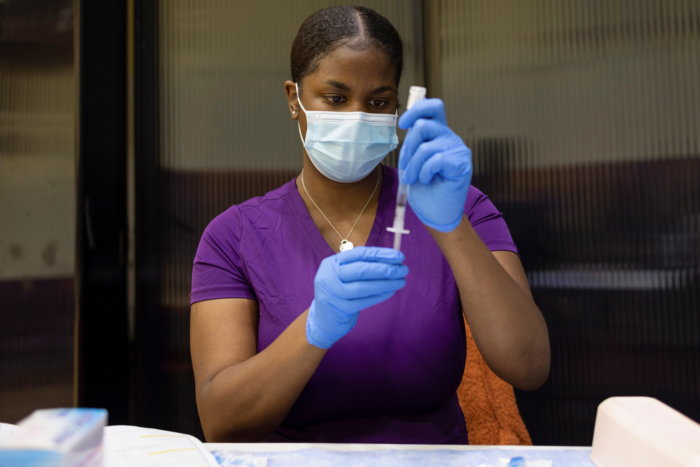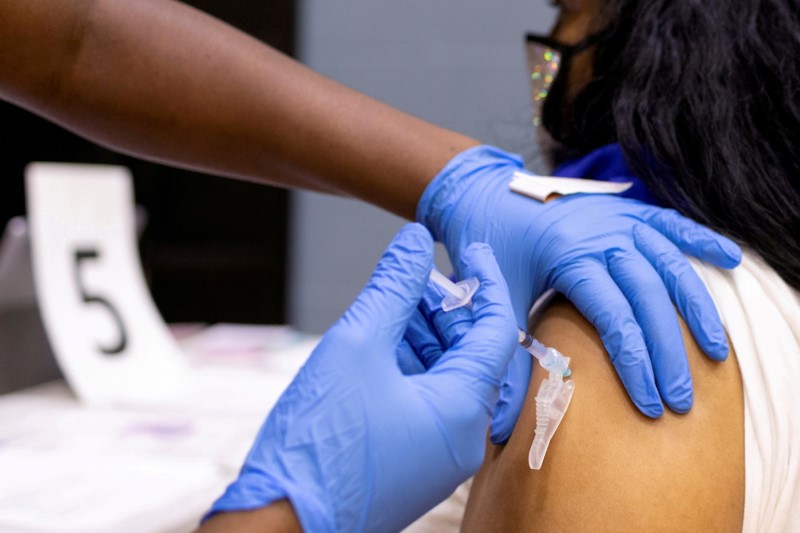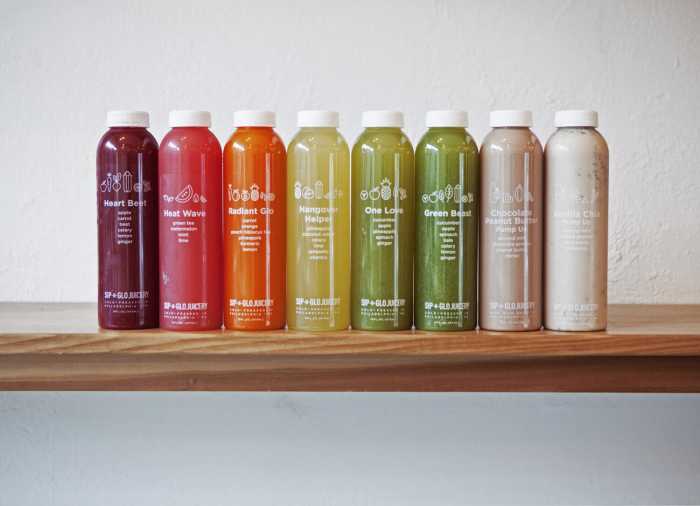The COVID-19 vaccine has been a subject of conversation since it came out: Who can get it? What are the risks? Why should we get vaccinated? What can we do if we still have questions regarding the vaccine?
It can be an information overload for those who are still nervous to get the shot.
Now Philadelphians have some answers directly from The Philadelphia Department of Health. Acting Health Commissioner Dr. Cheryl Bettigole sat down with Metro to discuss what individuals can do to prepare to be vaccinated and to set the record straight regarding misinformation being shared.

What would you say to individuals who are still hesitant about getting vaccinated?
There’s an old saying in medicine: never be the first or the last to use a new treatment. Not the first because it’s good to have a bit more safety data after the initial studies. But also not the last, because then you are missing out on real, established benefit. At this point, the vaccines have been available in the U.S. for more than 6 months and more than 175 million Americans have already been vaccinated, including nearly 1 million Philadelphians. So we have far more information to confirm that the vaccines are safe and effective.
There are also a few more immediate reasons to get vaccinated in Philly. Our vaccine sweepstakes have prizes up of to $50,000. Anyone who has had at least one dose of vaccine by the drawing date is eligible. And we’re also watching a new COVID-19 variant—the Delta variant—that was first seen in India, with some concern. It appears to be more contagious, to cause twice the number of hospitalizations, and to hit younger people harder than other variants. People who are fully vaccinated appear to be well protected, but many young adults in Philadelphia have not yet gotten their vaccines because they don’t feel like COVID is much of a threat to them. That appears to be changing.
If you still have questions or concerns about the COVID vaccine, I recommend folks talk with their doctor to make sure it’s right for them. There are hundreds of clinics all throughout Philadelphia that are ready, willing, and able to give you a free and safe vaccine. And keep in mind that someday soon, vaccines may be required for travel or other activities. Since it takes 2-6 weeks to be fully vaccinated, depending on the vaccine, you could miss out on a planned trip if you wait too long to get vaccinated.
What are some common misconceptions?
Unfortunately, there has been a huge amount of misinformation about COVID vaccines. Some people are concerned that the vaccines haven’t been adequately tested. But because of the monitoring in place for these vaccines, we actually have far more information about them than about most other vaccines on the market. They really are safe and effective. We’ve also heard of all kinds of rumors and even flyers being put up in neighborhoods around the city with vaccine misinformation, everything from problems with fertility (which is not true – the COVID vaccine does not affect fertility) to making people magnetized (which is not true, either).
The best thing folks can do is to talk with their regular healthcare provider or call our call center at 215-685-5488. They can answer any questions you might have about the vaccine. But keep in mind that 96% of doctors have chosen to get vaccinated when you hear those rumors. The science to support these vaccines really is there.
What benefits come from being vaccinated, especially with mandates being lifted?
While we are all enjoying the dropped restrictions, the real benefit to being vaccinated is peace of mind. You don’t have to worry about getting so sick you end up in the hospital. You don’t have to worry about making those around you who can’t be vaccinated sick, including children under 12. You can enjoy seeing your loved ones without having to worry how close you are to others, without wearing a mask, and without having to worry about, ‘What was that cough?’ You don’t have to worry about being out of work for weeks because of a COVID exposure, since vaccinated people no longer have to stay home if they are exposed. And you don’t have to worry about the new Delta variant that has spread so rapidly in the UK and is now starting to turn up in places across the U.S.
Where would you direct people to go who have more questions?
There are a number of places to get good information: our website, phila.gov/covid, has all of the latest information. Folks can call our COVID call center at 215-685-5488. But the best way to get your questions answered is by talking to your regular healthcare provider.
Symptom-wise, how should people prepare?
Common side effects of getting the COVID vaccine include some pain, redness, or swelling at the site of the injection. Some people also report feeling tired or nauseous, or having a headache, muscle pain, chills, or a fever. These are all signs that your body is learning to fight COVID. Some people say that the side effects from the second dose can be worse than the first dose. The best way to prepare is to try to make time to curl up with a good book or a movie the day after your vaccine and get some rest.
What’s the best resource to use if they are looking for where to get the vaccine?
We have a website, phila.gov/vaccine, where folks can find information on where to get vaccinated. Folks can also call our COVID Call Center at 215-685-5488.

































